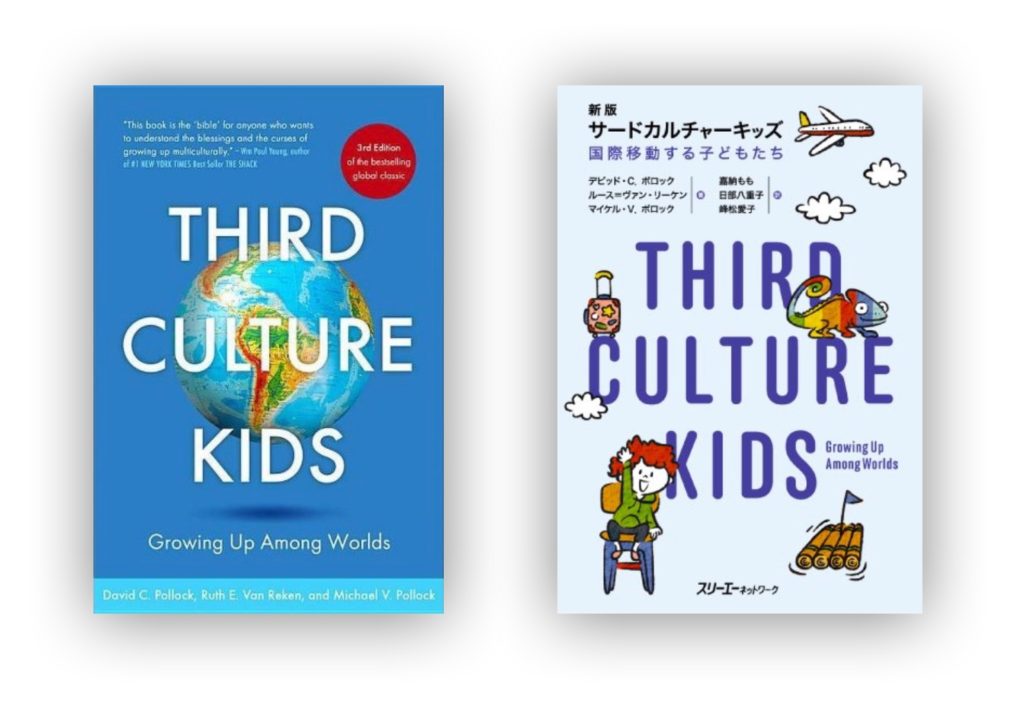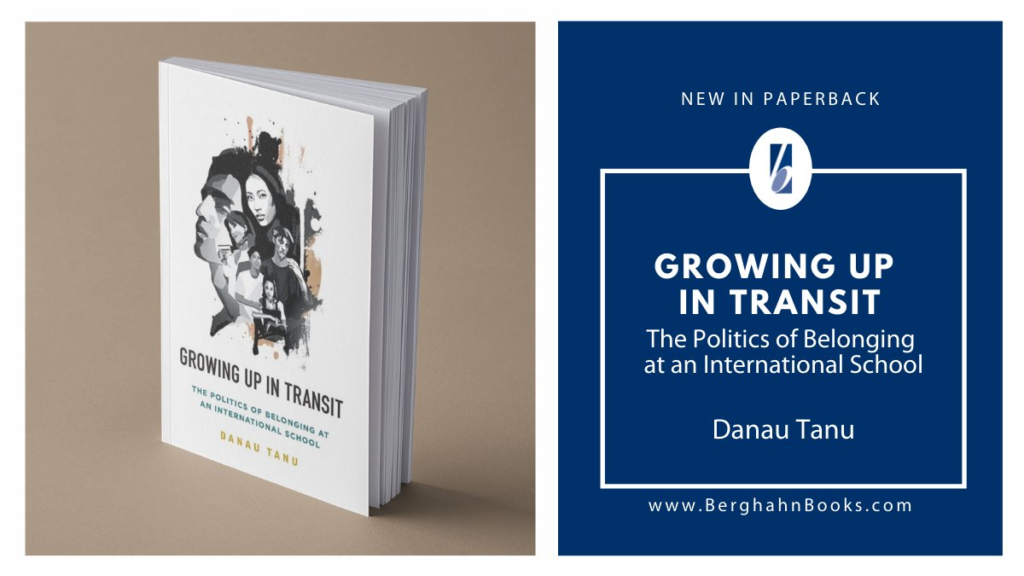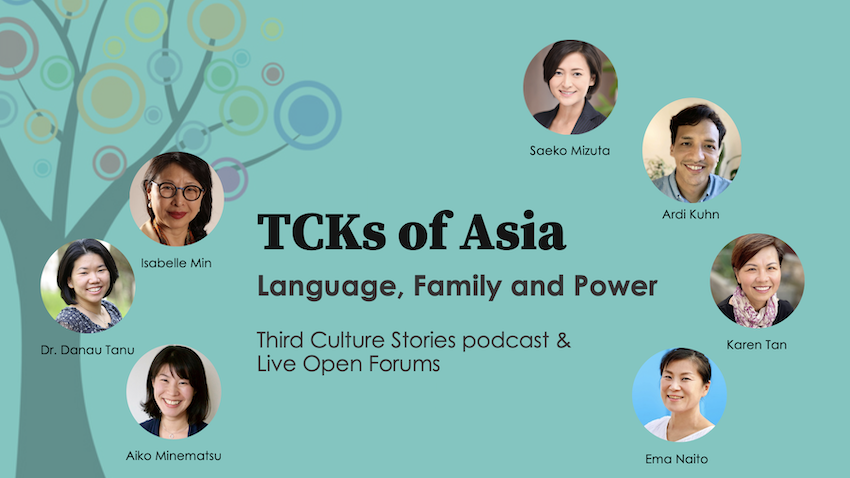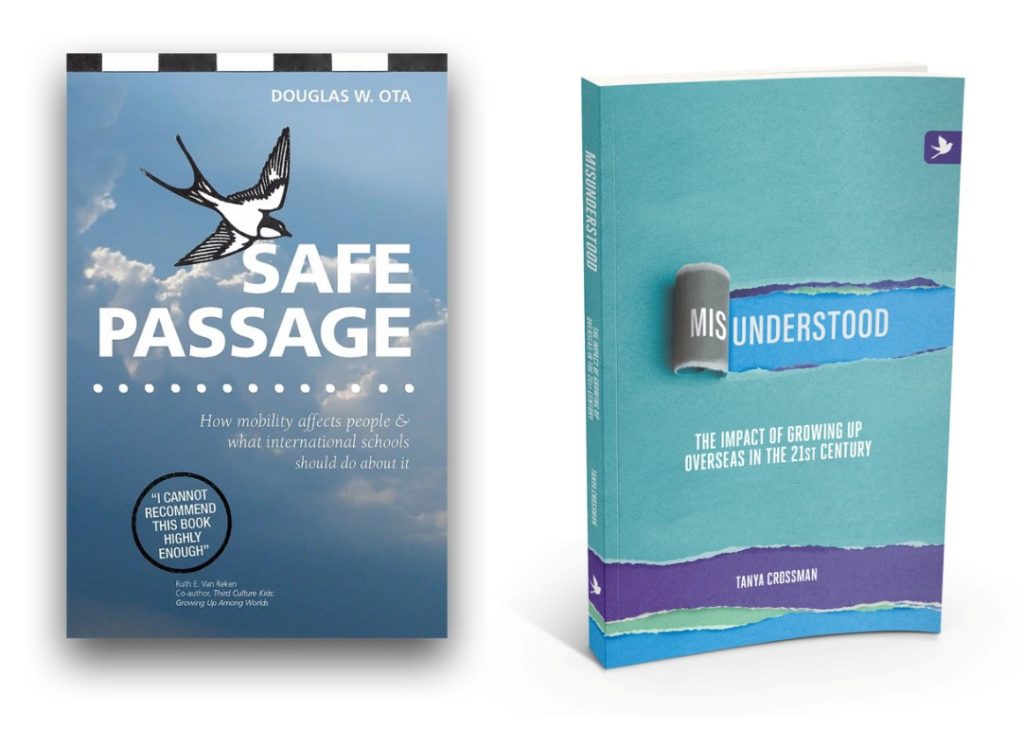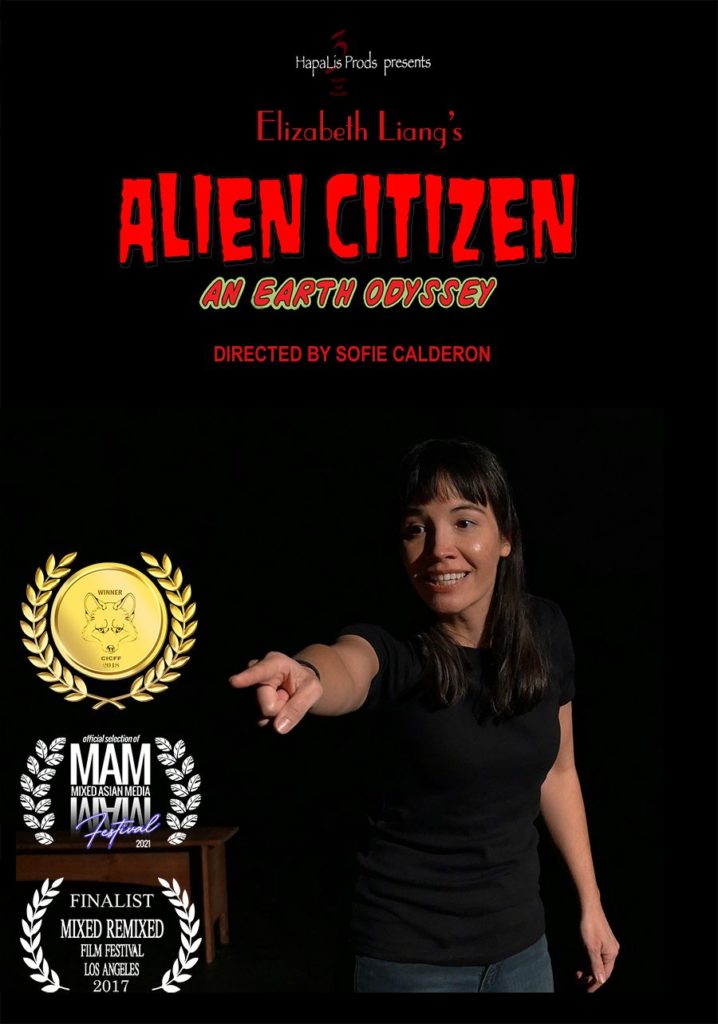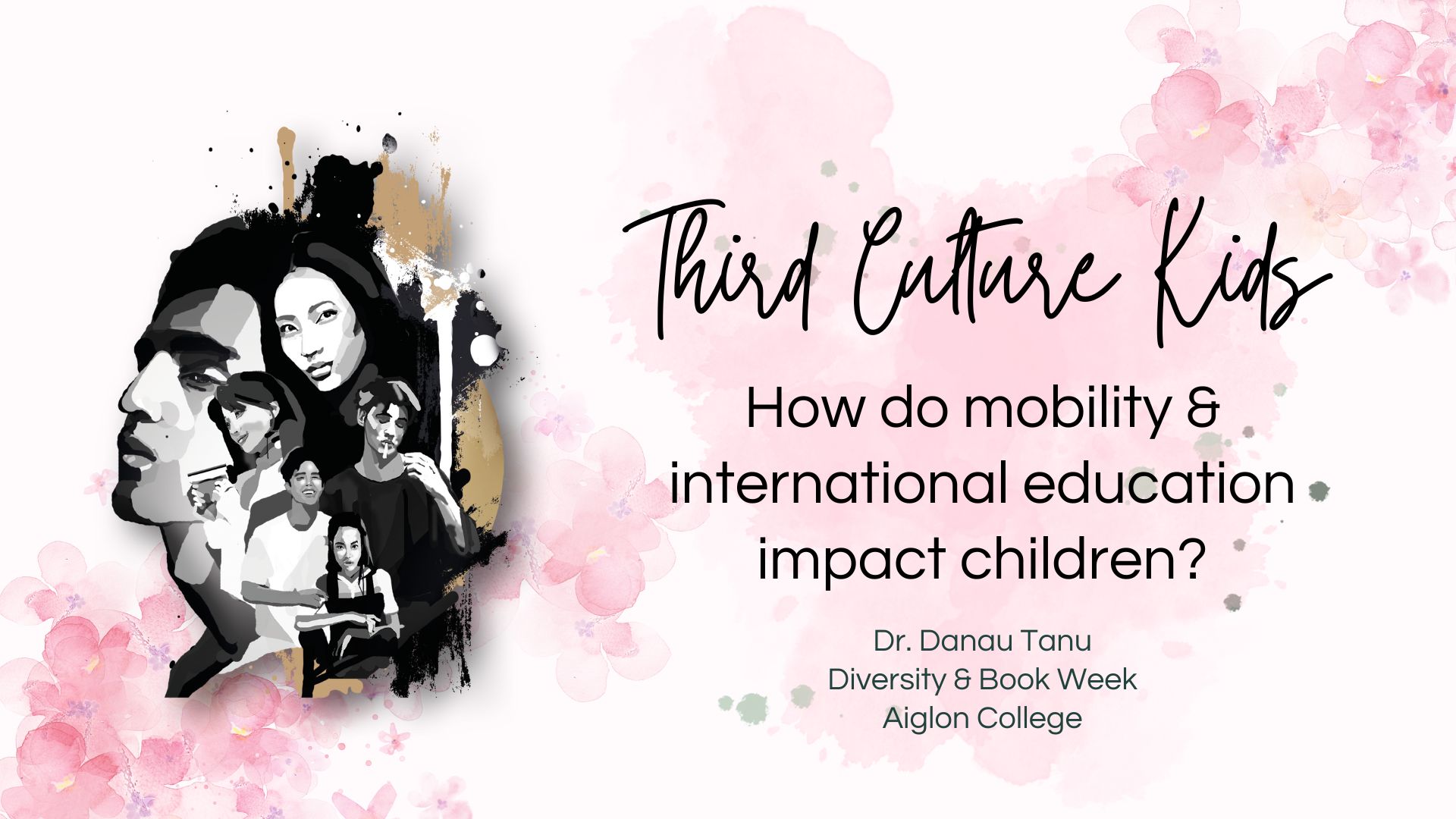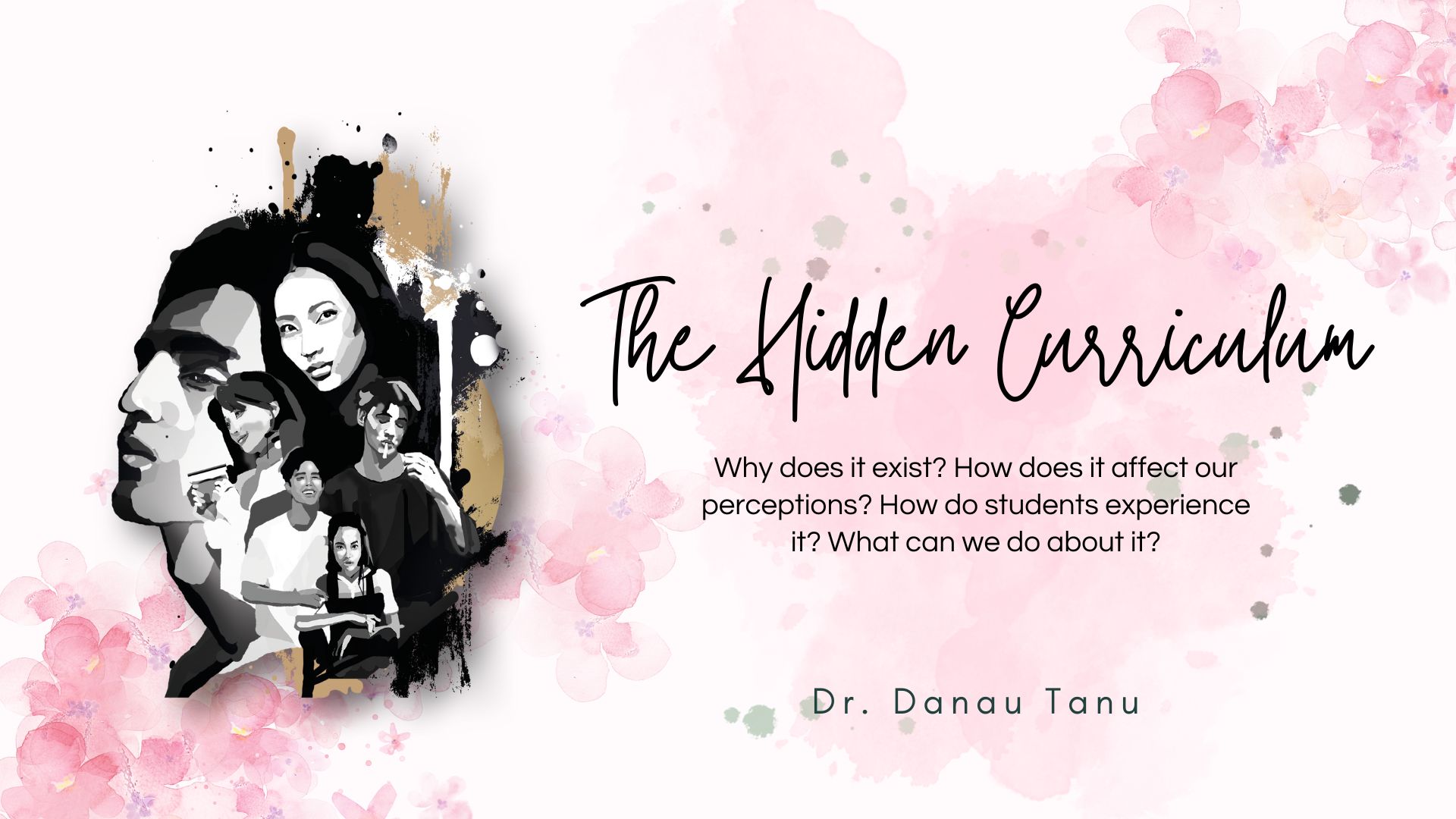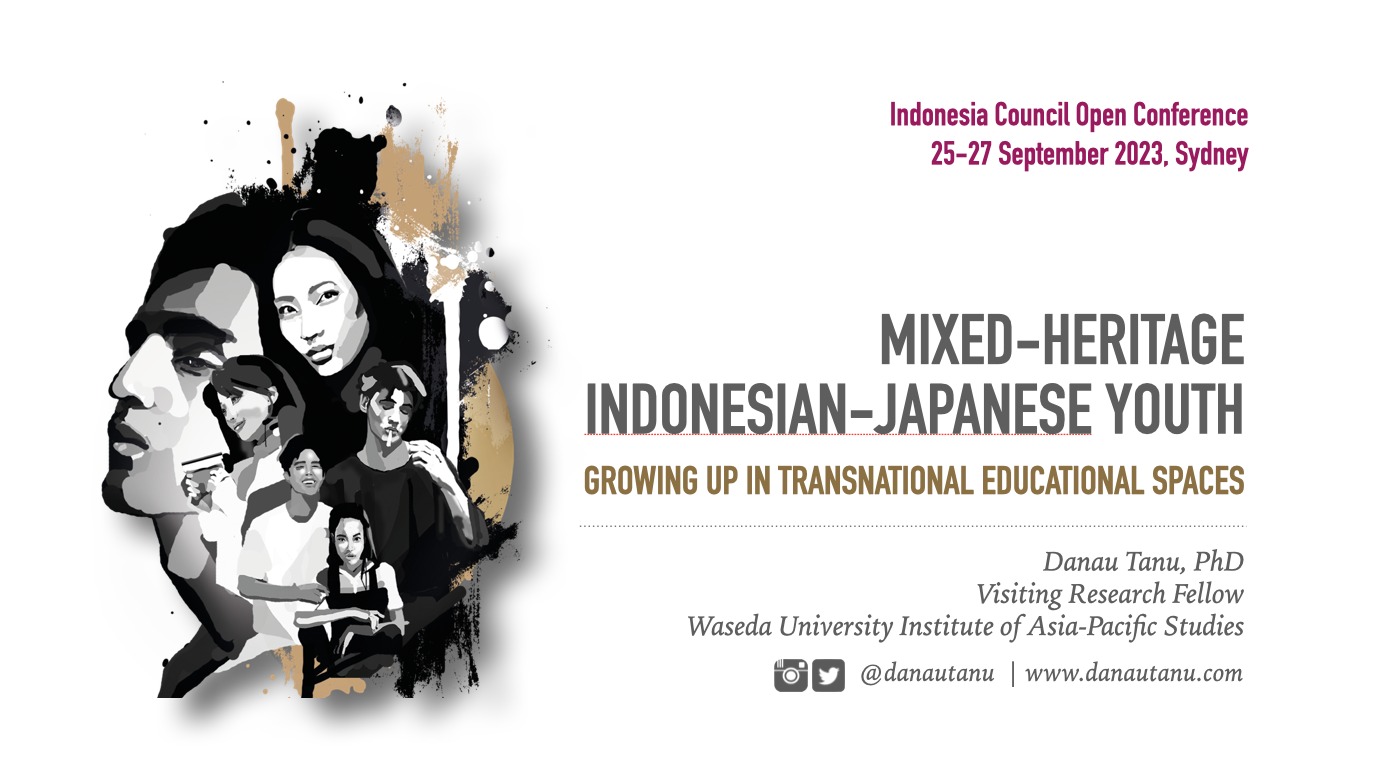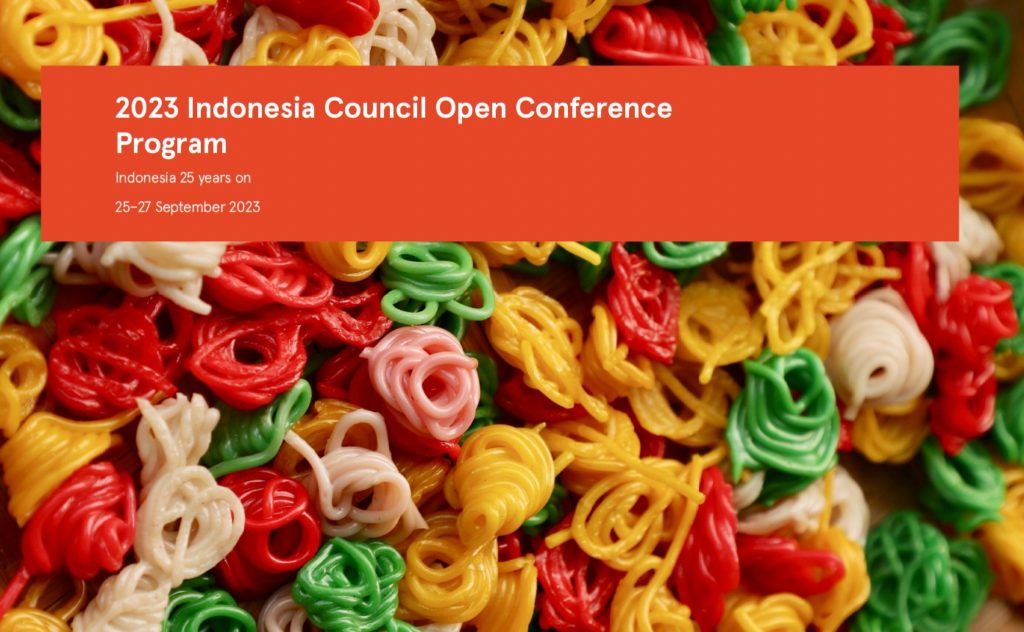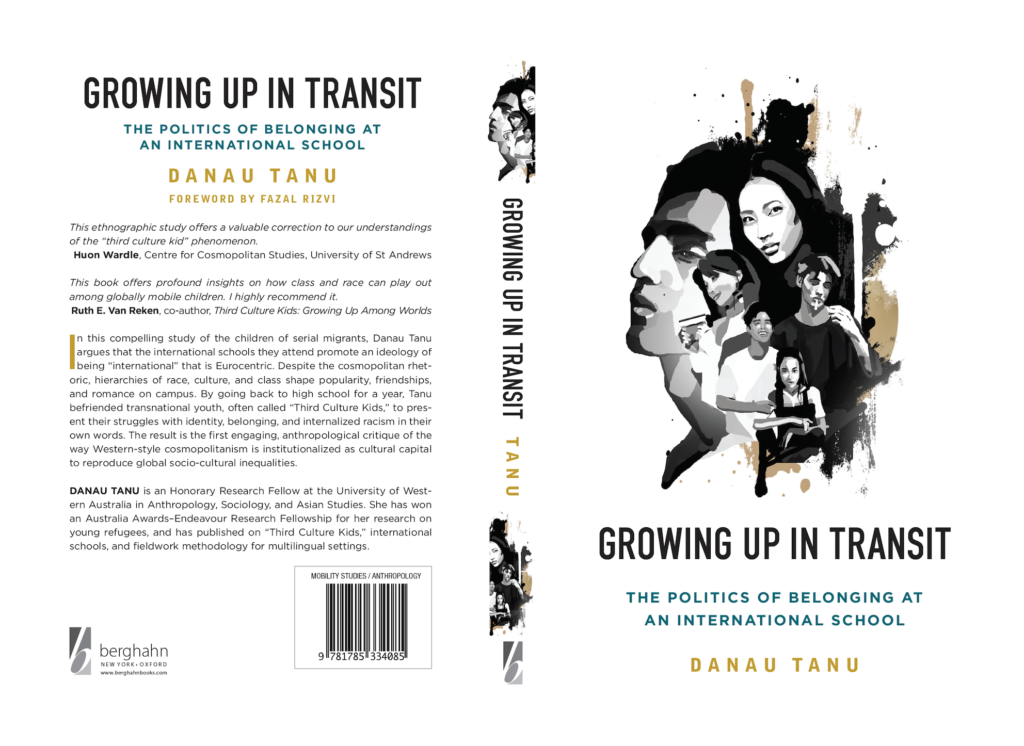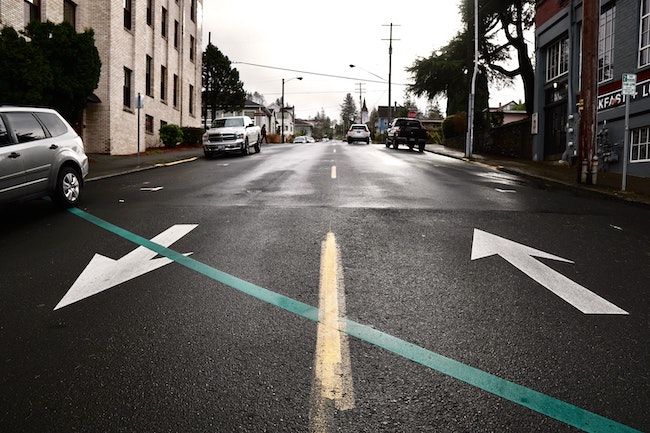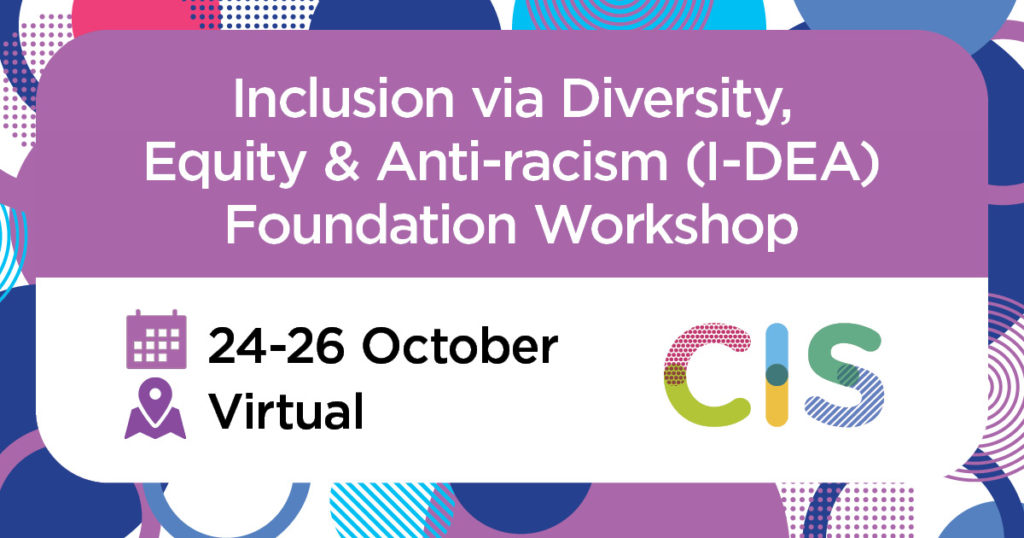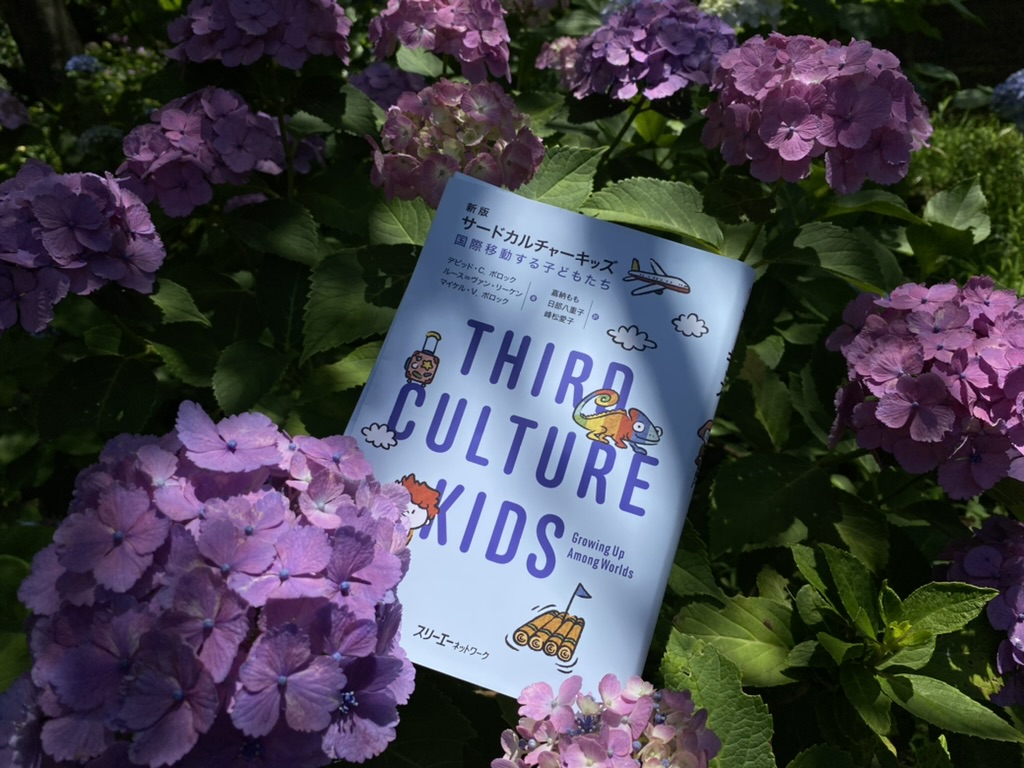The pen is mightier than the sword.
– Edward Bulwer-Lytton, 1839
The International Educator (TIE) recently published a powerful article. But it is powerful for the wrong reasons. The article appears to be a shortened version of a conversation that took place on Zoom. The title, Including Those Who Think Differently About Inclusion, suggests that it is intended to be inclusive; and the introduction claims to encourage “an exploration of differing ideas and perspectives” and to remind us of the “necessity of truly listening.” Yet, it achieves the opposite: TIE’s article gives legitimacy to unscientific falsehoods, unsubstantiated accusations, and a disrespectful approach to the exchange of ideas.
Despite its genuine intentions, I found the article disheartening and incredibly difficult to read. I had to make four or five attempts before I could get through to the end. The published word is a powerful thing. It can heal. But the power of the written word can also cause harm, even when it is unintentional.
The lead author, Doline Ndorimana, states that the live conversation that she had with the second author, Scott Gillette, was “respectful and productive.” However, the ensuing edited transcript of the conversation in its written form shows that those descriptors only apply to the words and expressions coming from Ndorimana but not Gillette.
As a social scientist, I found that the second author’s arguments contain many sociological terms that are either not defined or misconstrued. He also makes many claims that are not backed by evidence. Here, I will give three examples.
First, Gillette uses the word “coerce” three times in the article to make unsubstantiated accusations that DEIJ (Diversity, Equity, Inclusion and Justice) work involves coercion. According to the dictionary, “coercion” means “the action of making someone do something that they do not want to do, using force or threatening to use force” but Gillette offers no evidence to back his claim that the DEIJ workshops and seminars he attended involved the use of force or threats to make him compliant—no citations, no quotations, not even anecdotal evidence.
Second, Gilette describes DEIJ using the term “totalitarian” seven times, including the phrase “totalitarian garbage.” The Oxford English Dictionary defines “totalitarian” as follows (emphasis mine): “Of or pertaining to a system of government which tolerates only one political party, to which all other institutions are subordinated, and which usually demands the complete subservience of the individual to the State.” However, the second author provides zero evidence that “DEIJ” is a State or system of government.
Third, Gillette’s statement “I have no ‘bias’” is false. Neuroscientists, psychologists and other scholars have published extensively on how our brains are wired for bias. (See examples here, here and here.)
TIE has failed to hold their authors accountable or engage in due diligence. Despite being a publication for the education sector, TIE has failed to apply not only professional editorial standards but even basic writing standards that are taught at the middle and high school levels in the international schools they serve. For example, one of the first things I learnt in my history, social studies, and English classes was to define my terminologies and provide evidence for my claims. But the article does neither. As a result, TIE has, regardless of intent, published claims that DEIJ work is coercive and that the ideas behind it are “totalitarian garbage” and “at worst, genocidal.” By elevating Gillette to the status of coauthor, TIE legitimized his claims.
By publishing this article, TIE is lending its powerful institutional support to these claims not just as a publishing agent but also as a recruitment agency and a sister organization of the Principals’ Training Center (PTC). Both entities operate under the non-profit organization called the Overseas Assistance Schools Corporation (OSAC), where TIE’s institutional power in the international school sector is influential and far-reaching.
While I understand the intent to model how to communicate across differing views, we need to remember that not everyone has the privilege of accessing the powerful institutional support and protection available to the authors. To expect others on our campuses who do not have that support to respond in the manner that the lead author has modeled in the face of an accuser like Gillette is not always realistic. I know colleagues who have lost their jobs on account of people who hold similar views as the second author because the power imbalance went the other way.
There are alternative ways to dialogue across differing views than to argue in the abstract about terminologies and strategies as the two authors have done. I have also had many opportunities to engage with those who hold views like Gillette’s. Over time, I have learnt that demonstrating vulnerability through personalized storytelling is effective in disarming defensiveness, which is a strategy that has also been used in peace education and transformative conflict resolution studies (see here & here & here). Another method is the deep listening skills used in Nonviolent Communication (NVC) where we listen for the underlying need(s) of another person, which may be the motivating factor for the disagreement—we ask, “is it the need for respect, understanding, choice, acknowledgement of their intentions, or something else?” (See here.) The NVC method argues that even those who hold opposite views can still agree/share/relate with each other on a needs level.
As an alumni of two international schools over 12 years of schooling, I consider the international school community as the childhood village and home community that raised me. I am deeply pained to see articles like this amplify the adult voices that harmed me as a child. When I was in eighth grade, our history teacher asked us what comes to mind when we think of China as we started a chapter on its history. My classmate proudly said, with a grin on her face: “Slant eyes!” The teacher wrote it on the board. Looked at it. Then erased it and said that it might not be appropriate. But she was his favorite student, and I remember him smiling at her while she continued grinning. I felt I had no voice. As a 13-year-old child who was ethnically Chinese, I needed to feel safe by knowing that the views held by those like my classmate would never be amplified and that her harmful words would never make it to the board in the first place. When I read TIE’s article, I felt as though my voice was being drowned again by Gillette’s newfound megaphone.
Once again, I am deeply disappointed by the editorial decisions that TIE has made. The article does not demonstrate “growth, empathy, and understanding” as the authors claim. Instead, by publishing this article, TIE and its editorial team legitimized falsehoods.
I have raised the above concerns with TIE via email and an in-person meeting. I was unable to meet Chief Editor Shwetangna Chakrbarty and editor and lead author Doline Ndorimana due to time zone conflicts. But I was able to meet with Director Stacy Stephens and another editor. I appreciated the director’s listening posture, openness to learning, and acknowledgement of the harm that has been caused. I felt heard by her at a personal level. I also appreciated her transparency about how TIE has yet to make a decision on how to respond, which came with assurance that a response is forthcoming.
This said, myself and many in the broader community who have committed to doing DEIJ work in international education feel that too much damage has been done with this article despite its good intention. While I genuinely appreciate the efforts made by the TIE team to listen to critical feedback, I believe that nothing less than taking down the article and issuing a public apology would begin the healing process and demonstrate that TIE, as an organization, is committed to repairing the damage.
Danau Tanu, PhD
Research Fellow and Author of Growing Up in Transit
3 April 2024
Special thanks to Tanya Crossman, Teneshia Taylor and Juan Jacobs Sheblak for giving feedback and editing the Response.
